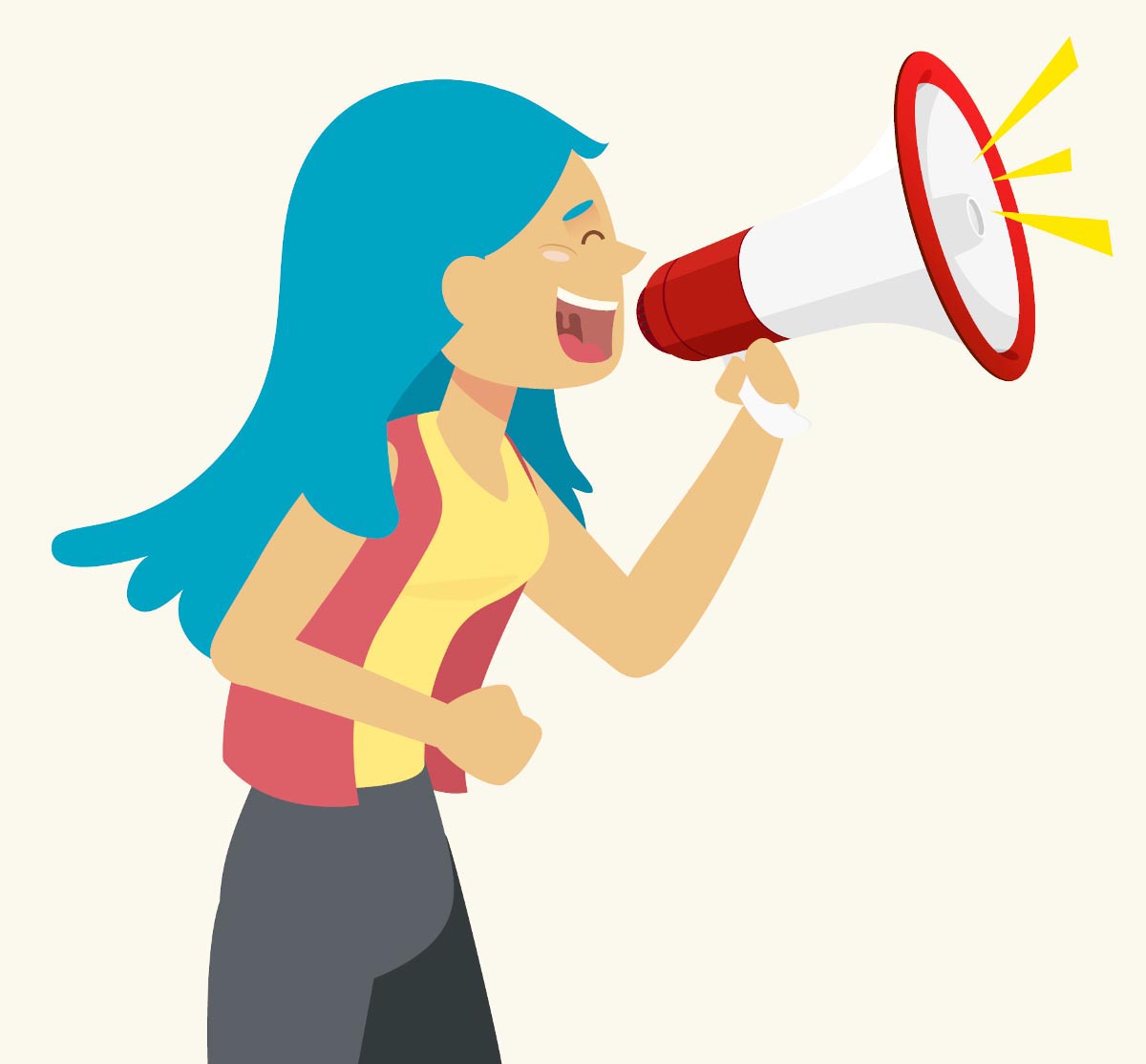 Being a young person is a beautiful experience. Being young means that you are quite new to the world. So, every passing moment becomes a chance for you to discover something different, or experience something for the first time ever. When we encounter new experiences, those moments can become so important to us that we treasure them forever in memories or pictures.
Being a young person is a beautiful experience. Being young means that you are quite new to the world. So, every passing moment becomes a chance for you to discover something different, or experience something for the first time ever. When we encounter new experiences, those moments can become so important to us that we treasure them forever in memories or pictures.
Unfortunately, not everything that we experience for the first time will leave us with a positive memory. Sometimes, new experiences will leave us shocked and disheartened.
For instance, how does a young boy respond to the first time when an adult tells him that “Real men do not cry”? How does a young girl ever feel safe after the first time she notices that compliments and smiles do not always come from a good place? How do little girls and boys survive the first time that they are told that there are limits to their dreams because of their gender?
How do young people move on after the first time they fully realise how much discrimination both men and women face on a daily basis because of their gender? How can we face the world when we realise, for the first time, that not only will we go through these inequalities every day, but we are also expected to treat them as a normal part of life?
It is quite true that being a young person involves having several new experiences for the first time. However, being a powerful young person means fighting to ensure that the next generation of children will never experience certain negative things for the first time.
Recently, I came across a strange urban myth that goes like this: if you drop a frog into a pot of hot water, it will immediately jump out to save itself. On the other hand, if you were to place it in comfortable lukewarm water, and gradually heat the pot, then the frog would never notice the change until it has boiled to death.
Being young means that we have a rather special power. We have not yet been around long enough to get comfortable with the discomfort of glaring disparities, discrimination and inequality. As a result, every time we see a problem in the world, it is obvious to us, much like the heat is obvious to the first frog. If we continuously choose to ignore the problems we see, then we will never notice the toxicity of our world before it becomes too late, as it was for the second frog.
So, what exactly can we do when we experience things for the first time that no other child should ever experience? We speak out and make sure that the world understands that inequality should not be the norm.
When you see a boy being told to suppress his emotions, let him know that it is okay to cry because feeling emotions is part of being human, and men are humans too. When a girl is in a situation that is uncomfortable to her, do not tell her to ignore it or bear with it. Tell her to speak up against the person causing the discomfort because she has a right to feel safe in whatever space she is occupying. When a young person’s dreams are deemed unrealistic, be the one to remind them that their gender is not, and should not be a limitation to what they can achieve.
Abhijhit Naskar once said, “Speaking up for rights and equality doesn’t require any specific sexuality or gender, all it requires is that you are human.”
So, here is something that we can all try for the first time – when you see an act of discrimination or suppression, do not be afraid to say “Let this be the first and last time”.








